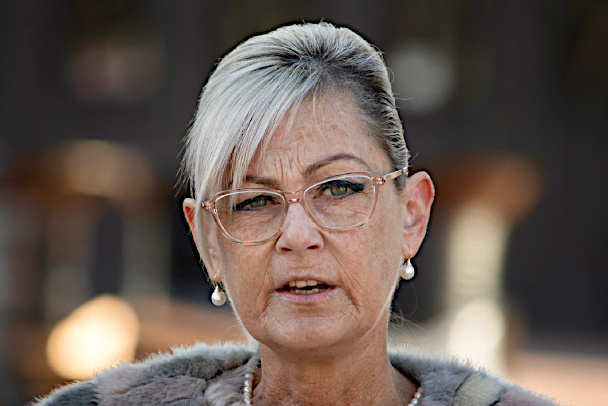Tasmanian government refuses to release modelling of political donations reforms

The Tasmanian government has refused to release modelling work that it relied on in preparing its political donations bill, which may be debated in the Legislative Council later this week.
In February 2022, Attorney-General Elise Archer announced the annual disclosure threshold for politicians would be set between $1,000 and $5,000, depending on “public consultation and further advice” from an inter-departmental committee. She said some issues would be “subject to further modelling to determine the best approach for Tasmania”.
Archer made the comments as she released the final report on a review of the Electoral Act. In September 2022, Tasmanian Inquirer lodged a Right to Information request for all modelling flagged in the review.
The Department of Justice responded in March 2023, releasing 475 pages of documents, but redacted the bulk of the relevant information. The unredacted parts of the documents do not include any assessment or advice on the impact of different disclosure thresholds.
The government’s legislation, which passed the lower house in November, proposes disclosure of donors that contribute more than $5000 a year, a threshold five times higher than recommended by the Tasmanian Integrity Commission and most of those who submitted public comments on the issue.
Roland Browne, director of the group Election Funding Reform, said there was no evidence in the documents the department had advised on where to set the disclosure threshold, or undertaken any modelling. He called on the government to release all its advice and table it in the upper house.
Browne said the government committed to reforming political donations law in May 2018, but was proceeding “at a glacial pace”.
Then premier Peter Gutwein said the $5000 threshold was based on South Australia’s legislation. The South Australian threshold results in a large percentage of revenue to the major parties remaining unknown.
Labor and the Greens support a disclosure threshold of $1000. Independent Kristie Johnston would prefer a disclosure threshold of $200 but supports $1000 as an alternative to the government’s proposal.
Mystery over exclusion of Legislative Council candidates from public funding
The minutes from the first meeting of the inter-departmental committee – which is comprised of representatives from the departments of justice, premier and cabinet, and treasury and finance – revealed key issues canvassed included the treatment of anonymous donations, the inclusion of the Legislative Council in the disclosure scheme, the regulation of third parties and options for public funding of parties and candidates.
An internal Department of Justice email shows the government was considering providing public funding for both lower and upper house candidates. The internal email said Archer’s office would “fill in the final thresholds” in a March 2021 draft minute setting out the central details of the disclosure bill for the approval of Cabinet.
When the bill was released later that year, it said public funding would be provided for House of Assembly candidates and parties only, and not candidates for Legislative Council seats. The Right to Information documents shed no light on why the government excluded Legislative Council candidates from public funding.
Browne said the government should release all details of its modelling. “The government has had more than enough time to disclose the modelling to the community and to the upper house to facilitate a debate on what is critical legislation at a time when Tasmania is being buffeted by powerful corporate forces that aren’t required to disclose donations,” he said.
 @BobBurtonoz
@BobBurtonoz